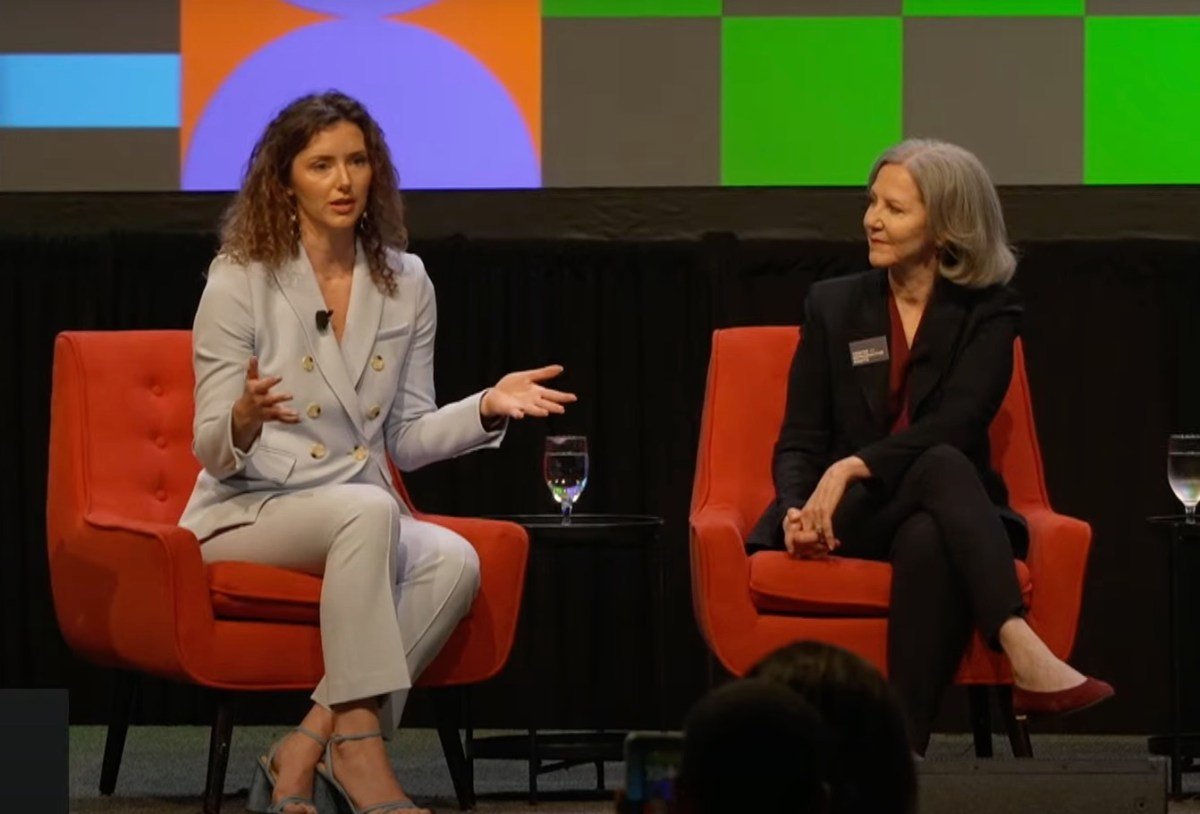Bumble has seen a significant decline in its workforce in Texas, with a third of its employees leaving the state following the implementation of the controversial abortion law, SB 8, also known as the Texas Heartbeat Act.
“There are a variety of laws in Texas that many people find incompatible with living a healthy life and being their authentic self.”
This information was shared by Bumble’s Interim General Counsel, Elizabeth Monteleone, during a panel at the SXSW conference in Austin, Texas. The panel, titled “Healthcare Crisis in Post-Roe America,” featured women who have spoken out and taken legal action against the law, advocating for healthcare decisions to be made by doctors rather than politicians.
- Monteleone also mentioned that Bumble is no longer requiring employees to work in its Austin location, despite being headquartered there.
- “We are now a remote-first company and have supported those who have chosen to relocate out of state,” Monteleone added.
Bumble made headlines as the first business to join an amicus brief in support of a lawsuit against the Texas abortion law. The suit, Zurawski v. State of Texas, filed by the Center for Reproductive Rights, argues that the law puts pregnant women at risk by limiting access to abortion care.
The case also includes women who were forced to travel out of state for healthcare, putting their health in danger, and others who were forced to carry non-viable pregnancies to term. Several Texas doctors have also joined the lawsuit, stating that they can no longer practice medicine properly under the law.
The panel at SXSW focused on the political and personal consequences of this and other laws that restrict access to healthcare for women. However, Monteleone also mentioned the significant impact these laws have on businesses, including Bumble.
“We know that abortion has an impact on individuals, but there’s also a profound negative impact on society as a whole and particularly for businesses. It affects our ability to attract and retain talent, and increases our costs for providing healthcare benefits.”
Since signing onto the amicus brief, other businesses, including rival Match Group and SXSW, have also joined in support, citing concerns about the challenges of attracting and retaining talent under these laws.
Monteleone emphasized the importance of location for prospective employees, noting that it is a significant consideration when accepting or staying in a job. In response to SB 8, Bumble has implemented increased healthcare benefits, including coverage for the full spectrum of reproductive rights, such as abortion, IVF, surrogacy, egg freezing, and gender-affirming care. Other companies have also taken similar measures at their own expense.
These issues are particularly pressing for Bumble, as the company currently struggles with growth and appealing to a younger audience. The dating app maker recently posted a weak Q4, resulting in a $32 million net loss and $273.6 million in revenue. To address these challenges, Bumble has made organizational shifts, including the appointment of a new CEO, former Slack CEO Lidiane Jones.








